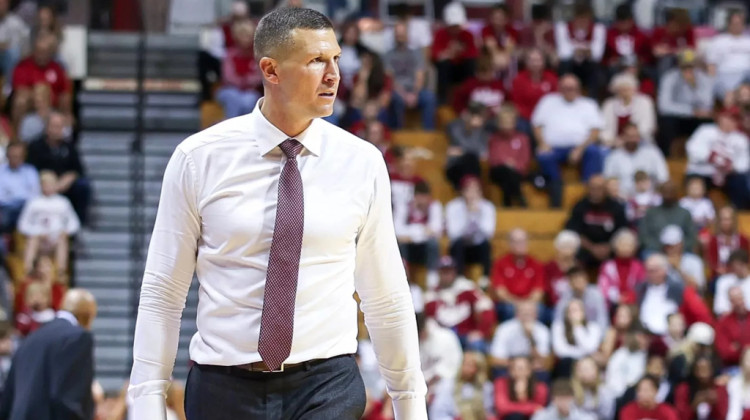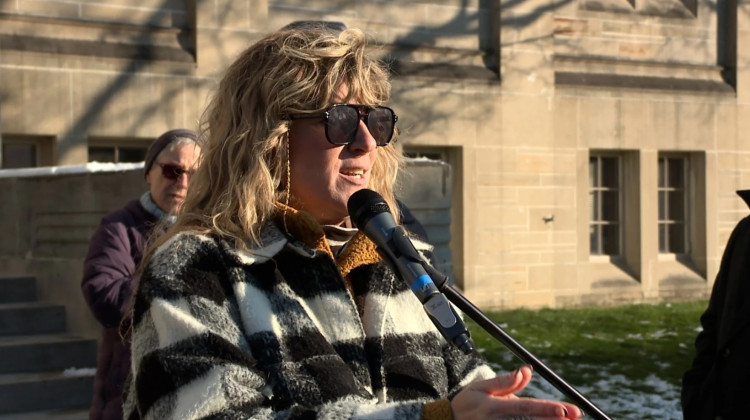The boundary zones for some of Indianapolis’ most popular and high performing magnet schools could be narrowed next year in an attempt by district leaders to offer poor and minority students a better chance to be picked in an enrollment lottery.
Indianapolis Public Schools have been under fire by some in the community and a board commissioner who have charged the current system gives an edge to white, higher-income families because the current priority zones for enrollment cover large areas of the neighborhoods where these families live.
Critics also say that an insufficient number of in-demand magnet programs for elementary age students has caused families who live outside the priority zones to be stuck on enrollment waitlists.
IPS magnet schools use weighted lotteries for enrollment. That means students who have a sibling in a school or live within a boundary zone near a school are given a higher chance of being picked in the lottery than a student from somewhere else in the city.
Read: IPS Proposal To Shink Priority Boundries For Choice Schools
District officials believe, in part, the boundary zones has caused disparities like at Center for Inquiry at School 84 where just 5 percent of students are black and 83 percent are white. Other magnet schools have lower levels of race disparity, including different CFI schools, when comparing a school's enrollment to the district’s entire student body where whites make up just 20 percent.
A proposal that is expected be approved Thursday by the board would shrink boundary zones for the 14 magnets from around one mile to a half-mile radius, thus reducing the number of families who would have that priority factor. The district used U.S. Census blocks to create the half-mile radiuses around each school.
The change is expected to open up more than 200 kindergarten seats for students outside the priority zones in the 2017-18 school year.
Christine Collier, a founder of Center for Inquiry and principal of the CFI at School 70, spoke in favor of the proposal at Tuesday’s board meeting. The addition of priority boundaries to the magnet lottery in 2006, she said, caused the schools to become more like the neighborhoods they're located in, rather than the district.
"We have created a system that blocks out many and lets in a few,” added CFI School 2 Principal Andrea Hunley in comments to the board.
Commissioner Gayle Cosby has raised concern over the the racial makeup of students attending some magnet schools.
Cosby said she was appreciative of the district's proposal and hoped it was the start of the dealing with more equity issues. She noted that some families who live near the magnet programs may be troubled that they would now face a less certain admittance for their child.
“Magnets are not boundary schools, they are open to the entire district,” she said. “So we need to be mindful of the fact that though a magnet school is located in a neighborhood it’s not there intending to serve that neighborhood.”
IPS Commissioner Michael O'Connor said despite addressing issues of equity with this proposal, the district still needs to make popular programs available to families who want them. Cosby, among other community groups, has called on programs like CFI to be established around the city.
"As we go from the old map to the new map, it does point out some glaring places where we are missing some opportunities for families,” O'Connor said. “And obviously our commitment is to make sure everybody has access to a high performing school."
The IPS Board will vote on the plan 6 p.m. Thursday at the John Morton Finney Center.
Contact WFYI education reporter Eric Weddle at eweddle@wfyi.org or call (317) 614-0470. Follow on Twitter: @ericweddle.
 DONATE
DONATE







 Support WFYI. We can't do it without you.
Support WFYI. We can't do it without you.